Home>Furniture>Living Room Furniture>What Is The Best Foam For Couch Cushions


Living Room Furniture
What Is The Best Foam For Couch Cushions
Modified: March 16, 2024
Looking for the best foam for couch cushions? Upgrade your living room furniture with the perfect foam to provide maximum comfort and durability.
(Many of the links in this article redirect to a specific reviewed product. Your purchase of these products through affiliate links helps to generate commission for Storables.com, at no extra cost. Learn more)
Introduction
When it comes to choosing the best foam for couch cushions, there are several factors to consider. After all, the right foam can greatly impact the overall comfort, durability, and support of your furniture. Whether you’re looking to replace old foam inserts or revitalize a worn-out couch, understanding the different types of foam available and their various characteristics is essential.
In this article, we will explore the different types of foam commonly used for couch cushions and discuss the key considerations you should keep in mind when making your selection. By the end, you’ll have a better understanding of what foam is best suited for your specific needs, allowing you to make an informed decision and enjoy the perfect balance of comfort and support.
So, let’s dive into the world of foam and discover what makes it an invaluable component of your living room furniture.
Key Takeaways:
- Choose foam with higher density for durable and supportive couch cushions. Test different foams to find the right balance of comfort and support for a cozy seating experience.
- Consider affordability and durability when selecting foam for couch cushions. Look for foam that meets your budget while providing long-term comfort and support.
Read more: What Is The Best Filling For Couch Cushions
Factors to Consider when Choosing Foam for Couch Cushions
Choosing the right foam for your couch cushions involves considering several important factors. By taking these factors into account, you can ensure that the foam you select will provide optimal comfort, support, and longevity. Here are the key factors to consider:
- Density: Foam density refers to the weight per unit volume and is measured in pounds per cubic foot (PCF). Higher-density foams are more durable and provide better support, making them ideal for furniture cushions that will be frequently used.
- Firmness: The firmness level of foam determines how soft or firm the cushion will feel. The right firmness level depends on personal preference and the desired comfort level. Keep in mind that foams with higher densities tend to be firmer.
- Durability: The durability of the foam is crucial, especially if you plan to use the couch regularly. Look for foam that is resilient and has a high resilience rating (also known as IFD – Indentation Force Deflection), which measures how much force is needed to compress the foam.
- Compression Factor: Consider the compression factor or load-bearing capacity of the foam. This factor determines how well the foam can withstand repeated use and maintain its shape over time.
- Breathability: Foam that allows for good airflow and breathability helps prevent the buildup of heat and moisture, ensuring a more comfortable sit.
- Allergies: If you or your family members have allergies or sensitivities, it’s crucial to choose foam that is hypoallergenic and resistant to mold, mildew, and dust mites.
- Budget: Consider your budget when selecting foam. Different foam types have varying price ranges, so it’s essential to find a balance between quality and affordability.
By carefully considering these factors, you can narrow down your options and find the foam that best meets your specific requirements. Now, let’s explore the different types of foam commonly used for couch cushions, so you can make a more informed decision.
Types of Foam for Couch Cushions
When it comes to choosing foam for your couch cushions, there are several types to consider, each with its own unique characteristics. Let’s take a closer look at the most popular types of foam:
- Polyurethane Foam: Polyurethane foam is the most common type of foam used for couch cushions. It is affordable, versatile, and comes in various densities and firmness levels. Polyurethane foam offers good support and durability, making it a popular choice for everyday use.
- Memory Foam: Memory foam, also known as viscoelastic foam, is known for its contouring properties. It molds to the shape of the body and provides exceptional comfort and pressure relief. Memory foam is an excellent choice for those who prefer a plush and cozy feel.
- Latex Foam: Latex foam is made from natural or synthetic rubber. It is highly durable, resilient, and offers excellent support. Latex foam is known for its breathability and hypoallergenic properties, making it a great option for those with allergies or asthma.
- High-Resilience Foam: High-resilience foam, also known as HR foam, is a premium foam type that offers superior durability and support. It has a high IFD rating, which means it can withstand heavy use without losing its shape. HR foam is an excellent choice for those looking for long-lasting cushioning.
- Dacron-Wrapped Foam: Dacron-wrapped foam is a combination of foam and polyester fiber. It offers the benefits of both materials, providing comfort, resilience, and a softer feel. The Dacron wrap helps the cushion retain its shape and adds an extra layer of comfort.
Now that you’re familiar with the different types of foam, it’s important to understand the key considerations when choosing the best foam for your couch cushions. Let’s delve into these considerations to ensure you make an informed decision.
Polyurethane Foam
Polyurethane foam is the most commonly used type of foam for couch cushions. It is known for its affordability, versatility, and wide range of options. Polyurethane foam is made by combining polyols (a type of chemical compound) with diisocyanates, which creates a flexible foam material with varying densities and firmness levels.
One of the main advantages of polyurethane foam is its durability. It can withstand regular use and maintain its shape for a long period of time. It offers excellent support and cushioning, making it suitable for both sitting and lounging.
Another benefit of polyurethane foam is its availability in different densities and firmness levels. This allows you to choose the right foam that best suits your comfort preferences. Densities typically range from 1.2 to 2.5 pounds per cubic foot (PCF), with higher densities providing more durability and support.
Polyurethane foam is also easy to maintain and clean. It resists moisture and stains, making it a practical choice for households with children or pets. Regular vacuuming and occasional spot cleaning will help keep your polyurethane foam couch cushions in excellent condition.
However, it’s important to note that polyurethane foam may have a slight chemical odor initially. This odor, often known as “off-gassing,” is a result of the manufacturing process and can be minimized by airing out the foam for a few days before use.
Overall, polyurethane foam offers a cost-effective and reliable option for couch cushions. Its durability, comfort, and availability make it a popular choice among homeowners. When selecting polyurethane foam, consider factors such as density, firmness, and overall quality to ensure you get the best foam for your couch cushions.
Memory Foam
Memory foam, also known as viscoelastic foam, is a popular choice for couch cushions due to its exceptional comfort and pressure-relieving properties. It was originally developed by NASA in the 1960s to improve seat cushioning for astronauts. Today, it is widely used in mattresses, pillows, and furniture cushions.
What sets memory foam apart is its ability to respond to body heat and pressure. When you sit or lie on memory foam, it contours to your body’s shape, providing personalized support and cushioning. This feature helps alleviate pressure points and promotes proper spinal alignment, offering relief and comfort.
Memory foam has a slow recovery time, meaning it slowly returns to its original shape once pressure is released. This characteristic allows it to conform to your body’s contours, providing a custom fit and gentle support. It evenly distributes weight, reducing motion transfer and enabling a more undisturbed rest.
Furthermore, memory foam has excellent durability and can withstand regular use without losing its shape. It is available in varying densities, usually ranging from 2 to 5 PCF. Higher-density memory foam typically provides better support and longevity.
One consideration with memory foam is its heat retention. Since it contours closely to the body, it can trap heat, resulting in a warmer sleep surface. However, many modern memory foams are infused with cooling gel or have open-cell structures that enhance breathability and temperature regulation.
When selecting memory foam for your couch cushions, consider the foam’s density, firmness, and thickness. Thicker memory foam can offer greater comfort and support, especially for deeper cushions. Additionally, look for high-quality memory foam that is CertiPUR-US® certified, ensuring it meets certain standards for performance, durability, and environmental safety.
Overall, memory foam provides luxurious comfort and support for couch cushions. Its ability to mold to your body’s shape and relieve pressure makes it an excellent choice for those seeking optimal comfort and relaxation.
Read more: What To Do With Old Couch Cushions
Latex Foam
Latex foam is a natural and eco-friendly option for couch cushions. It is made from the sap of rubber trees and offers a unique set of benefits that make it a popular choice among environmentally conscious consumers.
One of the key advantages of latex foam is its high durability. It is known to outlast many other types of foam, making it a great investment for long-term use. Latex foam is highly resilient, meaning it can quickly bounce back to its original shape after being compressed. This quality ensures that your couch cushions maintain their shape and support over time.
Latex foam also provides excellent comfort and support. It offers a responsive and contouring feel similar to memory foam, but with more bounce. The natural elasticity of latex foam allows it to respond to your body’s movements, providing optimal support by conforming to your shape.
In addition to its durability and comfort, latex foam is also hypoallergenic and resistant to mold, mildew, and dust mites. This makes it an excellent choice for individuals with allergies or asthma. The breathable nature of latex foam also helps regulate temperature and prevents the build-up of heat, ensuring a comfortable sitting experience.
When choosing latex foam, you have the option of natural latex foam, which is derived from the sap of rubber trees, or synthetic latex foam, which is made using petroleum-based materials. Natural latex foam is considered more eco-friendly and offers superior quality. It is also more expensive compared to synthetic latex foam.
Overall, latex foam is a durable, supportive, and environmentally friendly option for couch cushions. Its ability to provide long-lasting comfort and its hypoallergenic properties make it an appealing choice for those seeking a natural and sustainable foam option for their furniture.
High-Resilience Foam
High-resilience foam, also known as HR foam, is a premium foam type that offers exceptional durability and support. It is specifically engineered to withstand heavy use and maintain its shape over time, making it an excellent choice for couch cushions.
One of the key features of high-resilience foam is its superior resilience. It has a high IFD (Indentation Force Deflection) rating, which measures how much force is needed to compress the foam. This means that high-resilience foam quickly bounces back to its original shape even after repeated use, providing excellent support and prolonging the lifespan of your couch cushions.
Due to its high resilience, this foam type is ideal for furniture that receives frequent seating or lounging. Whether you have a large family or enjoy hosting gatherings, high-resilience foam can withstand the demands of regular use without sagging or losing its firmness.
In addition to its durability, high-resilience foam offers a balanced level of comfort. It provides a supportive and responsive feel, ensuring proper weight distribution and reducing pressure points. This makes it comfortable for extended periods of sitting or lounging.
Furthermore, high-resilience foam has excellent breathability, allowing for good airflow and temperature regulation. This helps prevent the buildup of heat and moisture, adding to the overall comfort of your couch cushions.
When selecting high-resilience foam, consider factors such as density and thickness. Higher-density foam provides greater durability and support. Additionally, take note of the foam’s ILD (Indentation Load Deflection) rating, which measures its firmness. Choose a firmness level that suits your preference and desired comfort.
Overall, high-resilience foam offers the perfect combination of durability, support, and comfort. Its ability to withstand heavy use while maintaining its shape makes it an excellent option for couch cushions that will be regularly utilized. Invest in high-resilience foam to ensure long-lasting and comfortable seating in your living space.
Dacron-Wrapped Foam
Dacron-wrapped foam is a popular choice for couch cushions due to its combination of foam and polyester fiber. This unique blend offers a balance between comfort, support, and a softer feel.
The foam core provides the solid support and durability necessary for couch cushions, while the Dacron wrap enhances the cushion’s plushness and adds an extra layer of comfort. The wrap helps the cushion retain its shape and prevents the foam from shifting or bunching up over time.
One of the main benefits of Dacron-wrapped foam is its luxurious feel. The polyester fiber wrap adds a soft and cushiony touch, making it a great option for those who prefer a more cozy and inviting seating experience.
Additionally, the Dacron wrap helps to extend the lifespan of the foam core by providing an extra layer of protection against everyday wear and tear. It acts as a barrier, shielding the foam from direct contact and reducing the impact of constant use on the foam’s structure.
Dacron-wrapped foam also offers good breathability, allowing for adequate airflow within the cushion. This helps regulate temperature and prevents the foam from retaining excess heat or moisture, ensuring a comfortable sitting experience.
When choosing Dacron-wrapped foam, consider the density and firmness of the foam core, as well as the thickness of the Dacron wrap. These factors contribute to the overall comfort and support provided by the cushion.
Overall, Dacron-wrapped foam offers the best of both worlds – the durability and support of foam, combined with the plushness and softness of the Dacron wrap. It provides a comfortable and inviting seating experience, making it an excellent choice for couch cushions.
When choosing foam for couch cushions, look for high-density foam with a density of 1.8 or higher for durability and comfort. It’s also important to consider the foam’s firmness and resilience to ensure it provides the right support for your couch.
Key Considerations for Choosing the Best Foam for Couch Cushions
When selecting foam for your couch cushions, there are several key considerations to keep in mind. By taking these factors into account, you can ensure that you choose the best foam that meets your specific needs and preferences. Here are the key considerations to consider:
- Durability: Opt for foam that is durable and can withstand regular use. Look for foam that is resilient and has a high IFD (Indentation Force Deflection) rating, indicating its ability to bounce back and maintain its shape over time.
- Comfort: Consider the level of comfort you desire in your couch cushions. Some people prefer a firmer feel, while others enjoy a softer and more plush sensation. Test different foams to determine the comfort level that suits you best.
- Density: Foam density is an important factor to consider. Higher foam densities are typically more durable and offer better support. However, keep in mind that higher density foam can also be firmer, so choose a density that aligns with your desired comfort level.
- Support: Look for foam that provides adequate support for your body. Consider how the foam distributes weight and reduces pressure points. A good balance of support and comfort will ensure a pleasant and comfortable seating experience.
- Affordability: Set a budget for your foam cushions and choose options that fall within your price range. Remember that different foam types and qualities will vary in cost, so consider the trade-offs between quality and affordability.
Additionally, it’s worth considering any specific requirements you may have. For example, if you or any family members have allergies, you may want to opt for hypoallergenic foam that is resistant to mold, mildew, and dust mites. If breathability is a concern, choose foam that allows for good airflow to prevent heat and moisture buildup.
Lastly, make sure to check the warranty and return policy of the foam. A warranty can provide peace of mind knowing that the manufacturer stands behind their product, and a flexible return policy allows you to make adjustments if the foam does not meet your expectations.
By considering these key factors and personal preferences, you can make an informed decision and choose the best foam fit for your couch cushions. Don’t be afraid to test and compare different foam types to find the perfect balance of durability, comfort, and support for your living room furniture.
Read also: 9 Best Couch Cushions For 2024
Durability
When choosing foam for your couch cushions, durability is a crucial factor to consider. You want foam that can withstand regular use and maintain its shape and support over time. Durability ensures that your couch cushions remain comfortable and functional for years to come.
One of the primary indicators of foam durability is its resilience. Resilient foam has the ability to bounce back and regain its original shape after being compressed. This quality prevents the foam from sagging or becoming misshapen, even with frequent sitting, lounging, or pressure applied.
Another factor that affects durability is the foam’s density. Foam density refers to the weight per cubic foot, measured in pounds per cubic foot (PCF). Higher-density foam is generally more durable and long-lasting compared to lower-density foam. It can better withstand the wear and tear of everyday use, ensuring the foam retains its support and structure for an extended period.
In addition to resilience and density, the construction of the foam plays a role in its durability. Foam that is made with high-quality materials and follows stringent manufacturing processes tends to be more durable. Look for foam that is produced by reputable manufacturers known for their commitment to quality.
It’s important to consider the specific use and traffic your couch cushions will endure. If you have a large household or often entertain guests, you may want to opt for foam with a higher level of durability to accommodate more frequent use. On the other hand, if the couch is mainly for decorative purposes or occasional seating, a lower durability foam may be suitable.
Lastly, to ensure the durability of your foam cushions, proper care and maintenance are essential. Regularly fluffing and rotating the cushions can help distribute the wear more evenly. Keep the cushions clean and free from spills or stains, as these can deteriorate the foam’s quality over time.
By choosing durable foam for your couch cushions and taking proper care of them, you can enjoy long-lasting comfort and support for your seating area. Consider the resilience, density, construction, and intended use of the foam to make an informed decision that meets your durability requirements.
Comfort
Comfort is a crucial factor to consider when choosing foam for your couch cushions. After all, the purpose of having cushions is to provide a cozy and enjoyable seating experience. The right foam can make a significant difference in how comfortable your couch feels.
One of the primary factors affecting comfort is the firmness of the foam. Different individuals have different preferences when it comes to the firmness level of their cushions. Some people prefer a firmer feel, as it offers more support, while others prefer a softer and more plush sensation. It’s important to find the right balance of firmness that suits your personal preference and the specific use of your couch.
Additionally, consider the overall feel of the foam when you sit or lie down on it. Foam that is too stiff or rigid might not provide the desired level of comfort, whereas foam that is too soft might lack adequate support. Ideally, you want foam that is responsive and molds to your body’s shape, providing a comfortable and customized fit.
Another aspect to consider for comfort is the breathability of the foam. Foam that allows for good airflow helps regulate temperature and prevents the buildup of heat and moisture. This ensures a more pleasant and comfortable sitting experience, especially during extended periods of use.
The choice between different foam types can also affect comfort. For example, memory foam contours to your body, relieving pressure points and providing a luxurious and cozy feel. On the other hand, latex foam offers a responsive and buoyant sensation, providing a balance of comfort and support.
Lastly, comfort can be subjective and varies from person to person. It’s crucial to test and try out different foam options before making your final decision. Sit on sofas or chairs with different foam cushions to get a sense of the comfort level you prefer.
By considering the firmness, feel, breathability, and personal preference, you can find the foam that provides the optimal comfort level for your couch cushions. Remember, comfort plays a significant role in how much you enjoy using your couch, so prioritize finding the right foam for a cozy and relaxing seating experience.
Density
When choosing foam for your couch cushions, density is an important factor to consider. Foam density refers to the weight per cubic foot and is measured in pounds per cubic foot (PCF). It is a key indicator of the foam’s quality, durability, and overall performance.
Higher-density foam generally offers better durability and support compared to lower-density foam. The denser the foam, the better it is at withstanding the rigors of regular use and maintaining its shape over time. Higher-density foam also tends to have a longer lifespan, ensuring that your couch cushions remain comfortable and supportive for an extended period.
The density of the foam also affects its feel and firmness. Higher-density foam is usually firmer and provides a more supportive seating experience. It offers a solid and sturdy base, making it ideal for individuals who prefer a firmer feel or require extra support for back or joint issues.
On the other hand, lower-density foam offers a softer and more plush sensation. It has a more cushiony feel and can provide a sink-in and cozy experience. If you prefer a softer cushion or enjoy a lounging and relaxing seating experience, lower-density foam may be more suitable.
It’s worth noting that the density requirement may vary depending on the specific application of the foam. For couch cushions, a general guideline is to look for foam with a density ranging from 1.8 to 2.5 PCF. This range offers a good balance of support, comfort, and durability for most seating needs.
However, it’s important to keep in mind that personal preferences differ. What feels comfortable and supportive to one person might not be the same for another. It’s crucial to test and determine the density level that suits your specific requirements and comfort preferences.
Ultimately, the ideal density for your couch cushions will depend on factors such as your preferred firmness level, expected use, and personal comfort. Consider the density range, test the foam, and choose a density that provides the right balance of support and comfort for your seating needs.
Support
Support is a critical consideration when selecting foam for your couch cushions. Good support ensures that you maintain proper posture, reduces the risk of discomfort or pain, and enhances the overall sitting experience.
The level of support provided by foam depends on various factors, including density, firmness, and the foam’s ability to distribute weight evenly. Higher-density foam generally offers better support as it is more resistant to sagging and compression. It provides a solid foundation to prevent the cushions from losing their shape over time.
Firmness is another factor that affects support. Foam that is too soft may lack adequate support and can lead to sinking, while foam that is too firm may result in discomfort or pressure points. The ideal level of firmness for support varies depending on personal preference and the individual’s body type and needs.
Consider the intended use of the couch and who will be using it. If you have a large family or frequently entertain guests, opting for foam with a higher level of support is ideal. It can withstand heavier weight and prolonged use without sacrificing comfort.
Additionally, it’s important to consider the foam’s resilience or its ability to bounce back after compression. Foam with good resilience offers consistent support, effectively redistributing weight and reducing strain on pressure points.
The construction of the foam also plays a role in the level of support provided. Look for foam that has been manufactured with high-quality materials and processes to ensure reliable support over time.
Keep in mind that support requirements may vary depending on individual needs. If you have specific back or joint issues, it’s recommended to consult with a healthcare professional who can provide guidance on the level of support required.
Ultimately, the foam you choose should offer proper support, enhance posture, and provide a comfortable seating experience. Consider the density, firmness, resilience, and overall construction of the foam to ensure that it meets your support needs for a supportive and relaxing couch experience.
Read more: How To Measure Couch Cushions
Affordability
Affordability is an important consideration when choosing foam for your couch cushions. The cost of foam can vary based on factors such as foam type, density, quality, and brand. It’s essential to find a balance between quality and affordability to ensure you get the best value for your money.
When determining your budget, consider the specific needs and expectations you have for your couch cushions. If you anticipate heavy use or have specific comfort or support requirements, investing in higher-quality foam may be worth considering, even if it comes at a higher upfront cost.
One way to manage costs is to understand the different types of foam available and their price ranges. For example, polyurethane foam is generally more affordable compared to memory foam or latex foam. By comparing the pros, cons, and price points of different foam types, you can make an informed decision based on your budget and priorities.
Additionally, it’s important to remember that choosing the least expensive foam option may not always be the best long-term solution. Cheaper foam may have lower durability and comfort levels, leading to the need for early replacement. Assess the quality, reputation, and customer reviews of foam brands and manufacturers to ensure you’re getting reliable and cost-effective foam.
Keep in mind that affordability is not just about the initial cost of the foam. Consider the long-term value and lifespan of the foam as well. Higher-quality foam that is more durable may save you money in the long run by requiring fewer replacements over time.
Moreover, take advantage of any promotions, discounts, or sales that may be available when purchasing foam for your couch cushions. It’s always beneficial to explore different suppliers or retailers to find the best deals without compromising on foam quality and performance.
By setting a realistic budget, comparing foam options, and evaluating the overall value and long-term costs, you can find foam that meets your financial constraints while still providing the desired level of comfort and support for your couch cushions.
Conclusion
Choosing the best foam for your couch cushions is a decision that requires careful consideration. The type of foam you select can significantly impact the comfort, support, and durability of your furniture. By taking key factors into account, you can make an informed decision that meets your specific needs and preferences.
Factors such as durability, comfort, density, support, and affordability all play a vital role in selecting the right foam. Durability ensures that your couch cushions withstand regular use and maintain their shape and support over time. Comfort is subjective, so finding the right firmness level and feel that suits your preferences is crucial for an enjoyable seating experience.
Density is an important consideration, impacting both durability and support. Higher-density foam is generally more durable and longer-lasting, while lower-density foam provides a softer, plush sensation. The level of support provided by the foam ensures proper posture and reduces the risk of discomfort or pain.
Affordability is another key aspect to consider, finding a balance between quality and cost to ensure you get the best value for your investment. Comparing different foam types, understanding price ranges, and assessing long-term value can help you make an informed decision that fits your budget.
Remember to consider your specific requirements, such as allergies or breathability, and test foam options to determine what feels most comfortable and supportive to you. Taking care of your foam cushions through regular cleaning and maintenance will also contribute to their longevity and performance.
In conclusion, selecting the best foam for your couch cushions involves weighing multiple factors and finding a balance that meets your needs. By considering durability, comfort, density, support, and affordability, you can choose foam that provides a comfortable and long-lasting seating experience for you and your family. So, take your time, explore different options, and invest in foam that transforms your couch into a cozy and inviting haven.
Frequently Asked Questions about What Is The Best Foam For Couch Cushions
Was this page helpful?
At Storables.com, we guarantee accurate and reliable information. Our content, validated by Expert Board Contributors, is crafted following stringent Editorial Policies. We're committed to providing you with well-researched, expert-backed insights for all your informational needs.
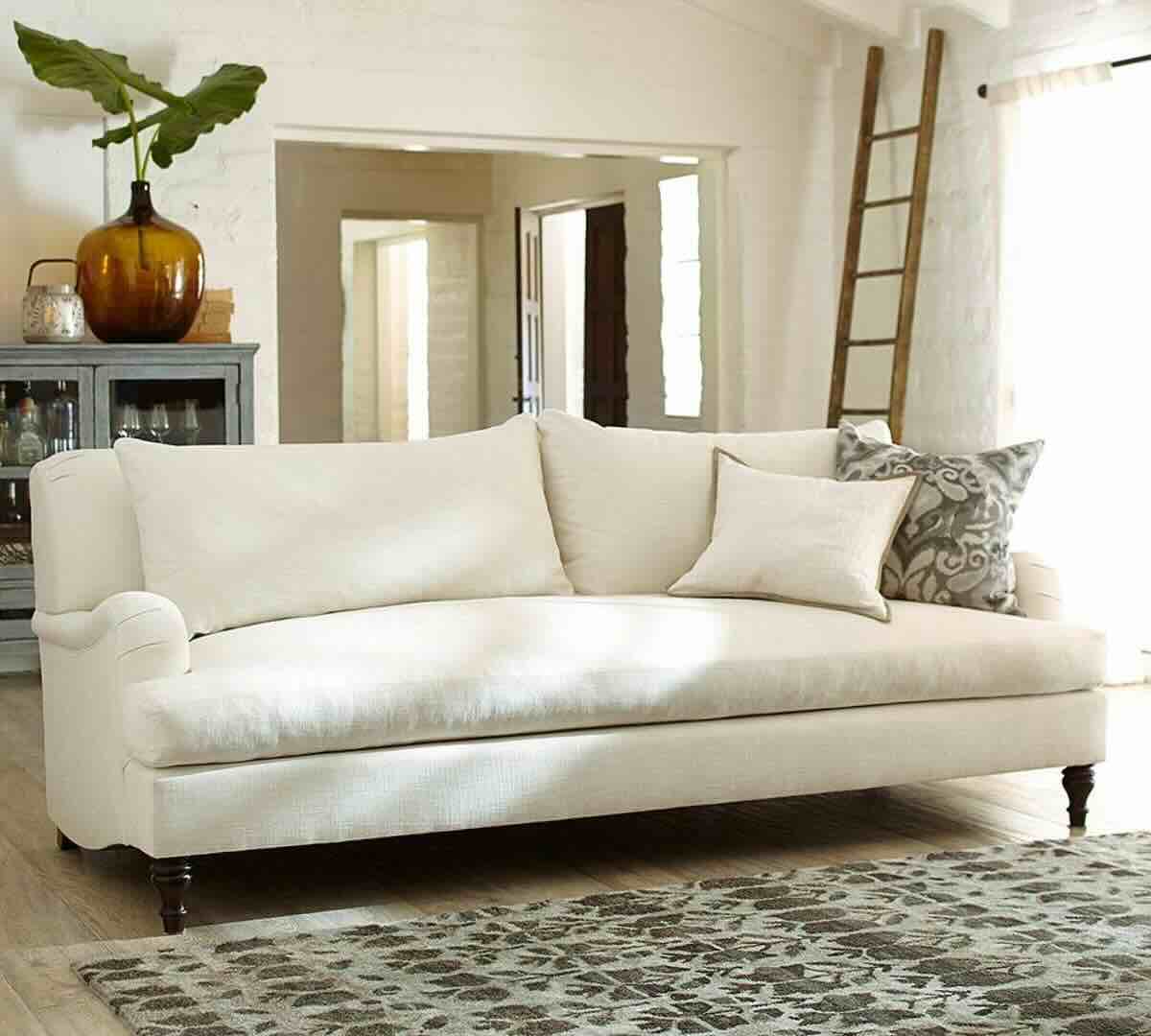
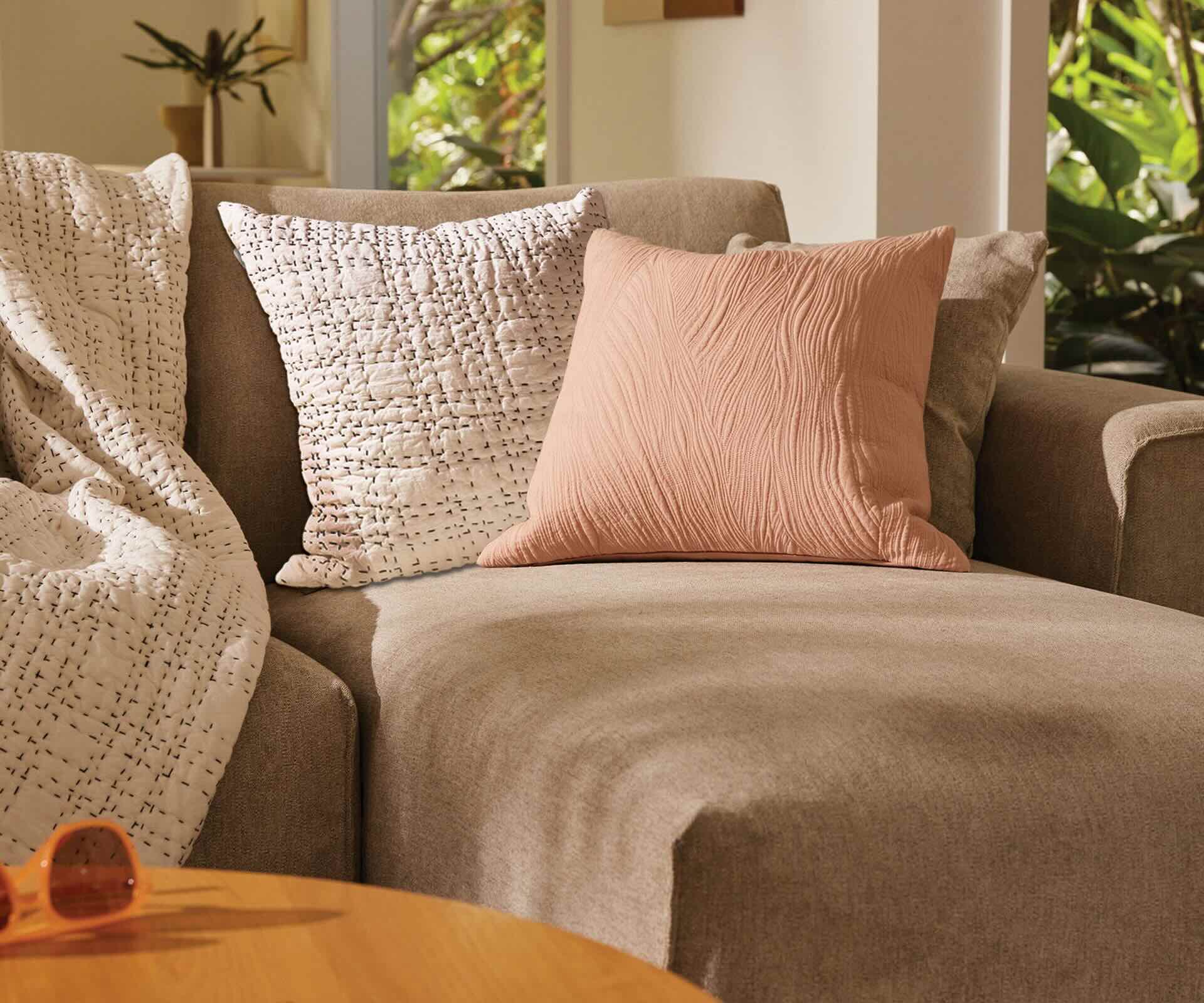
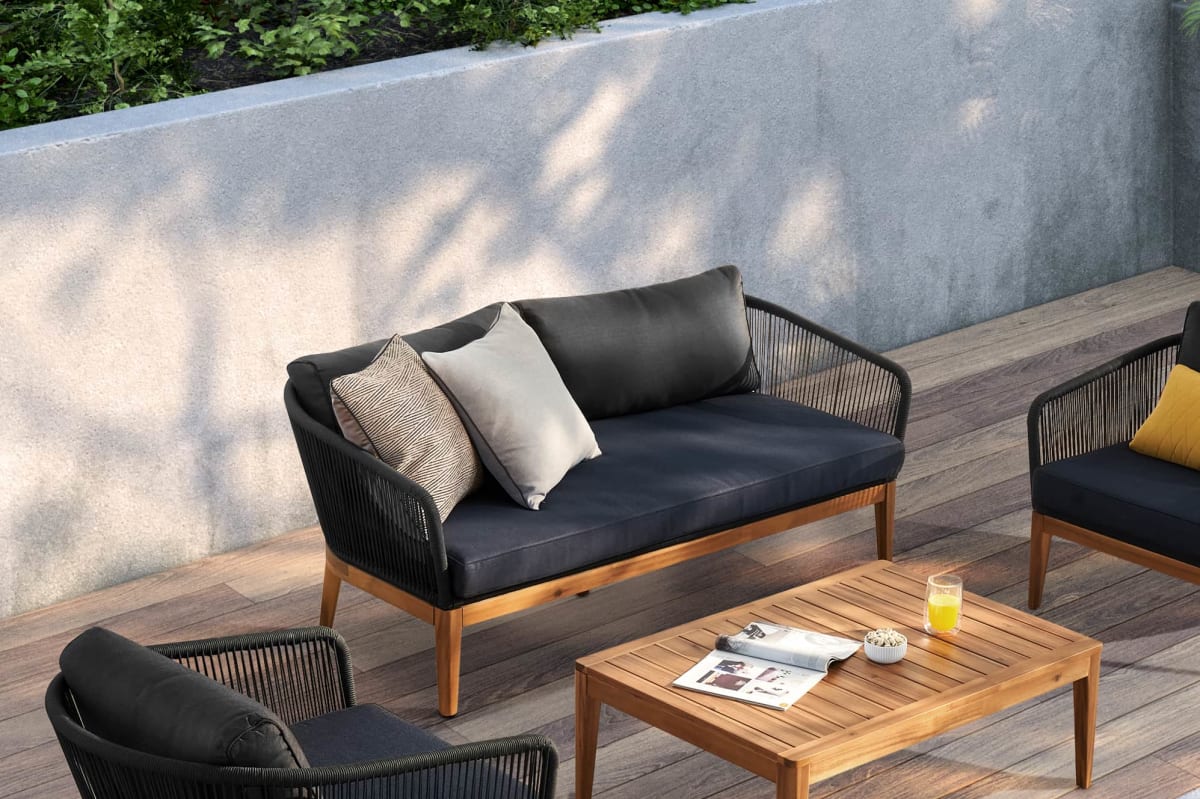
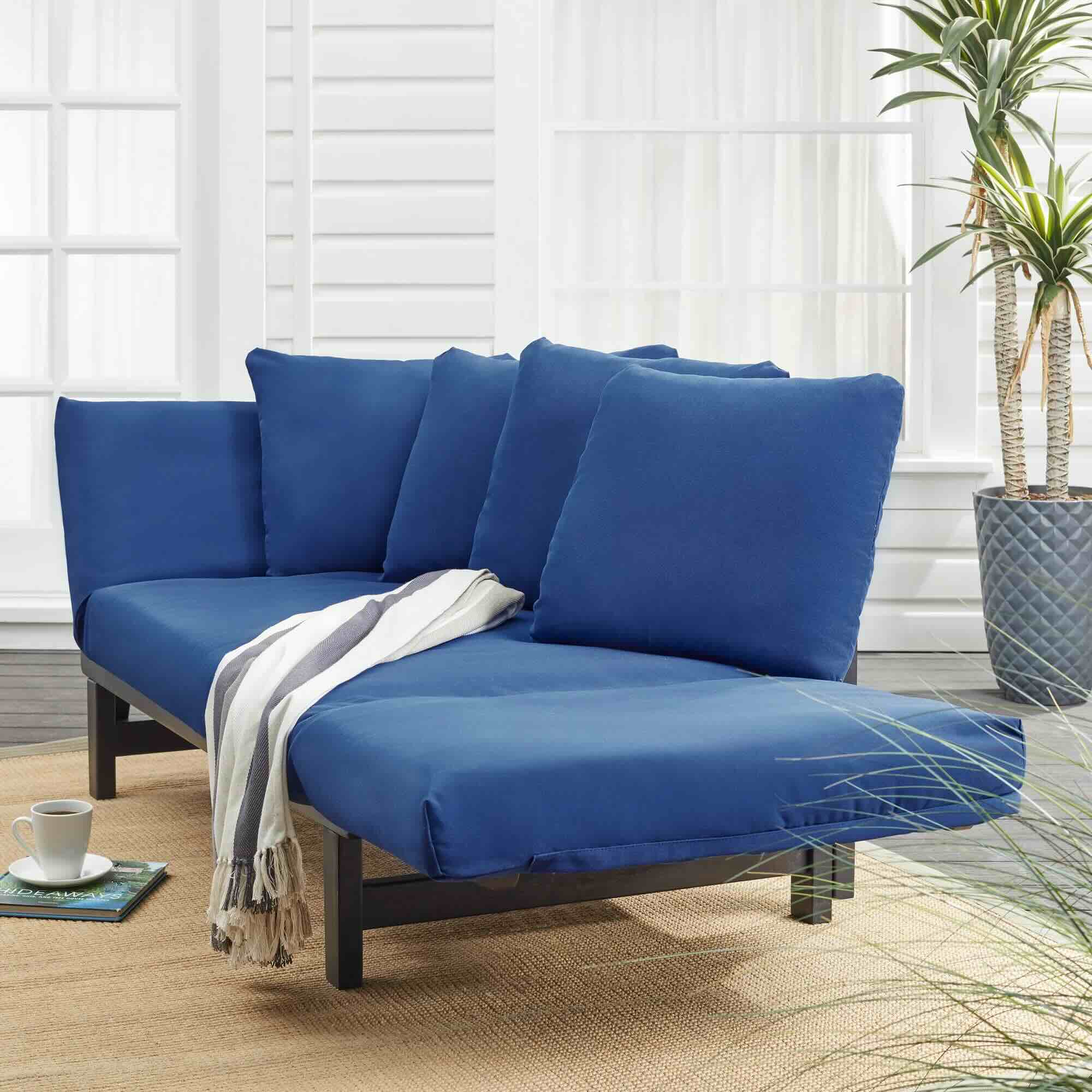

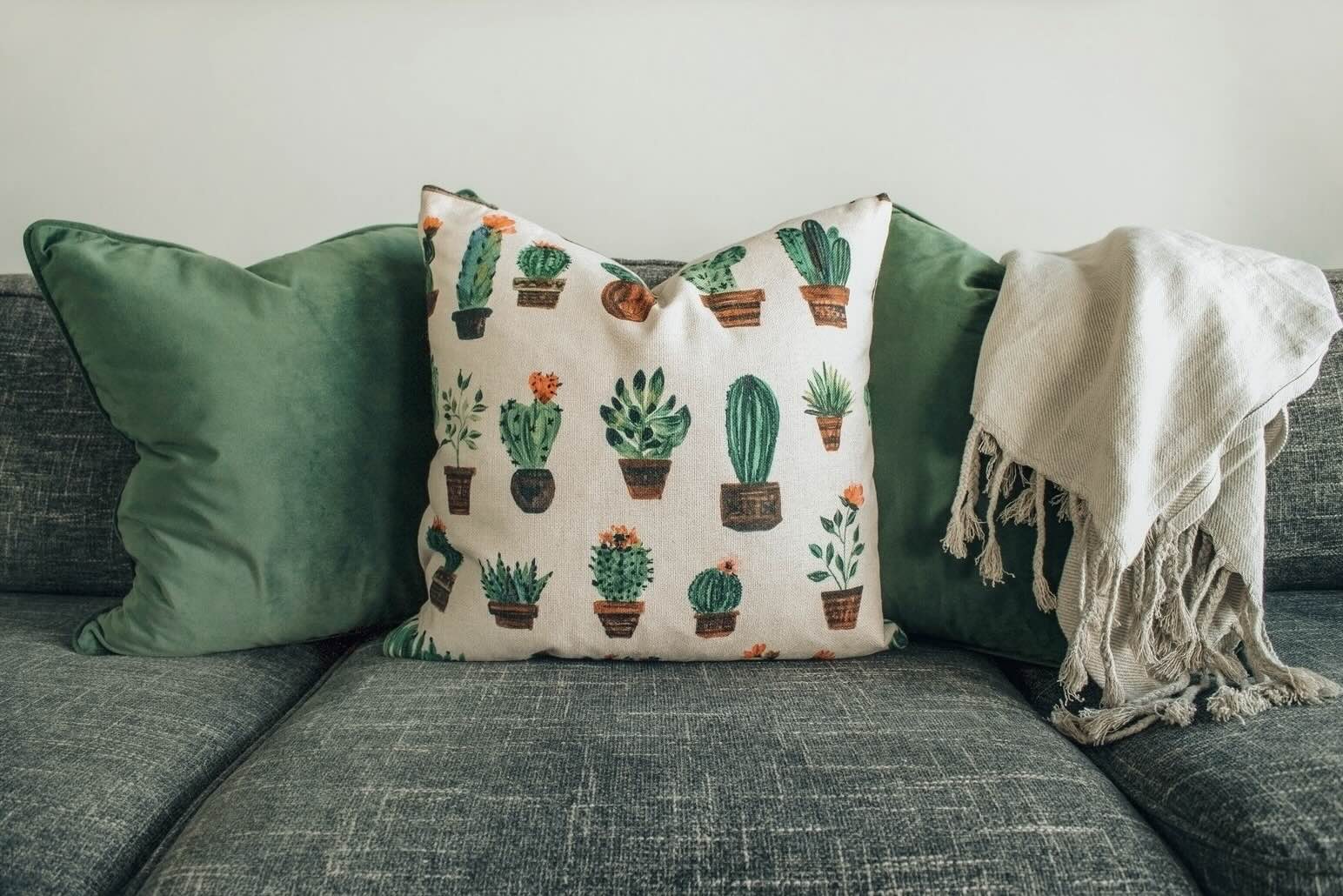
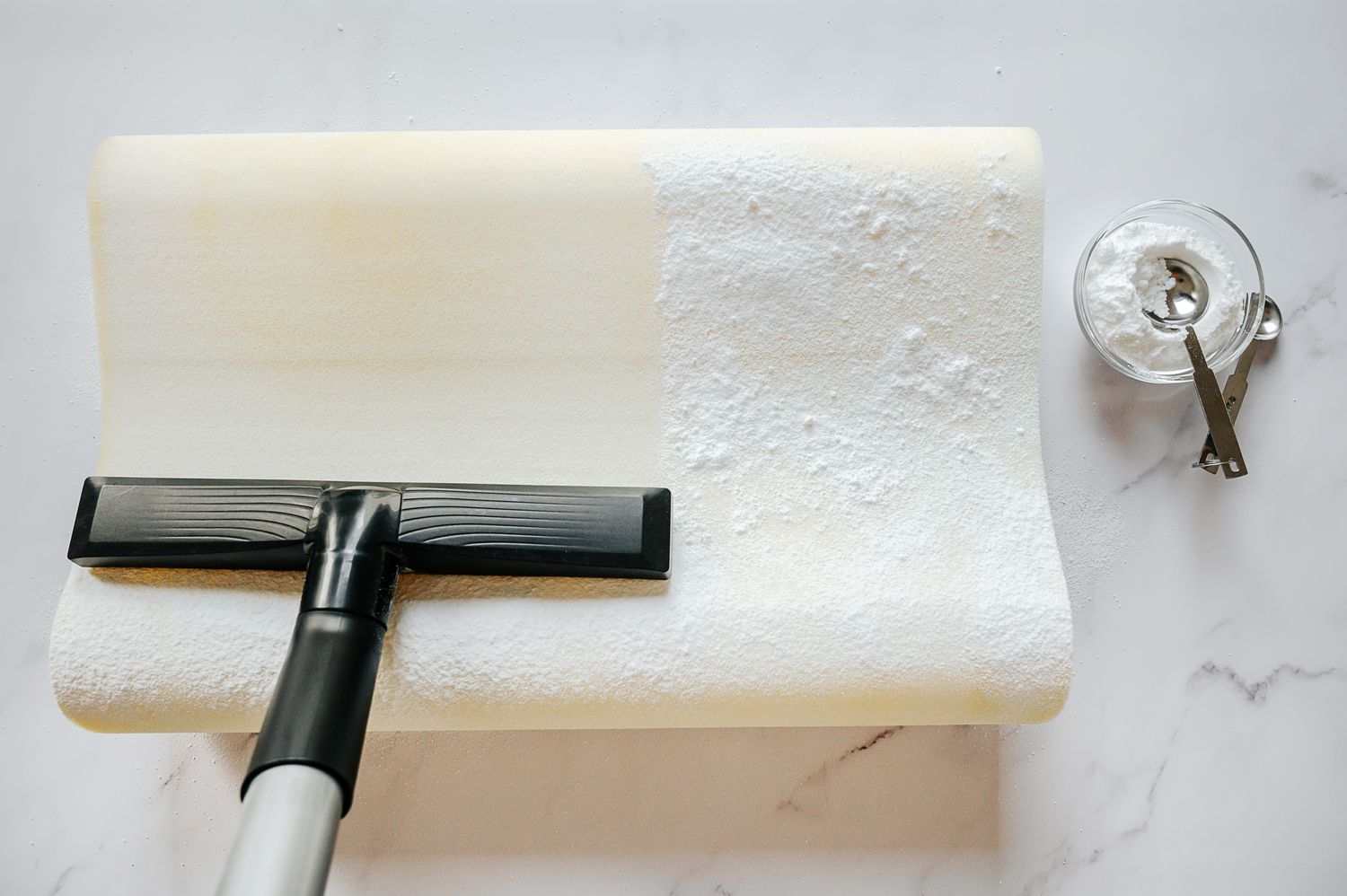
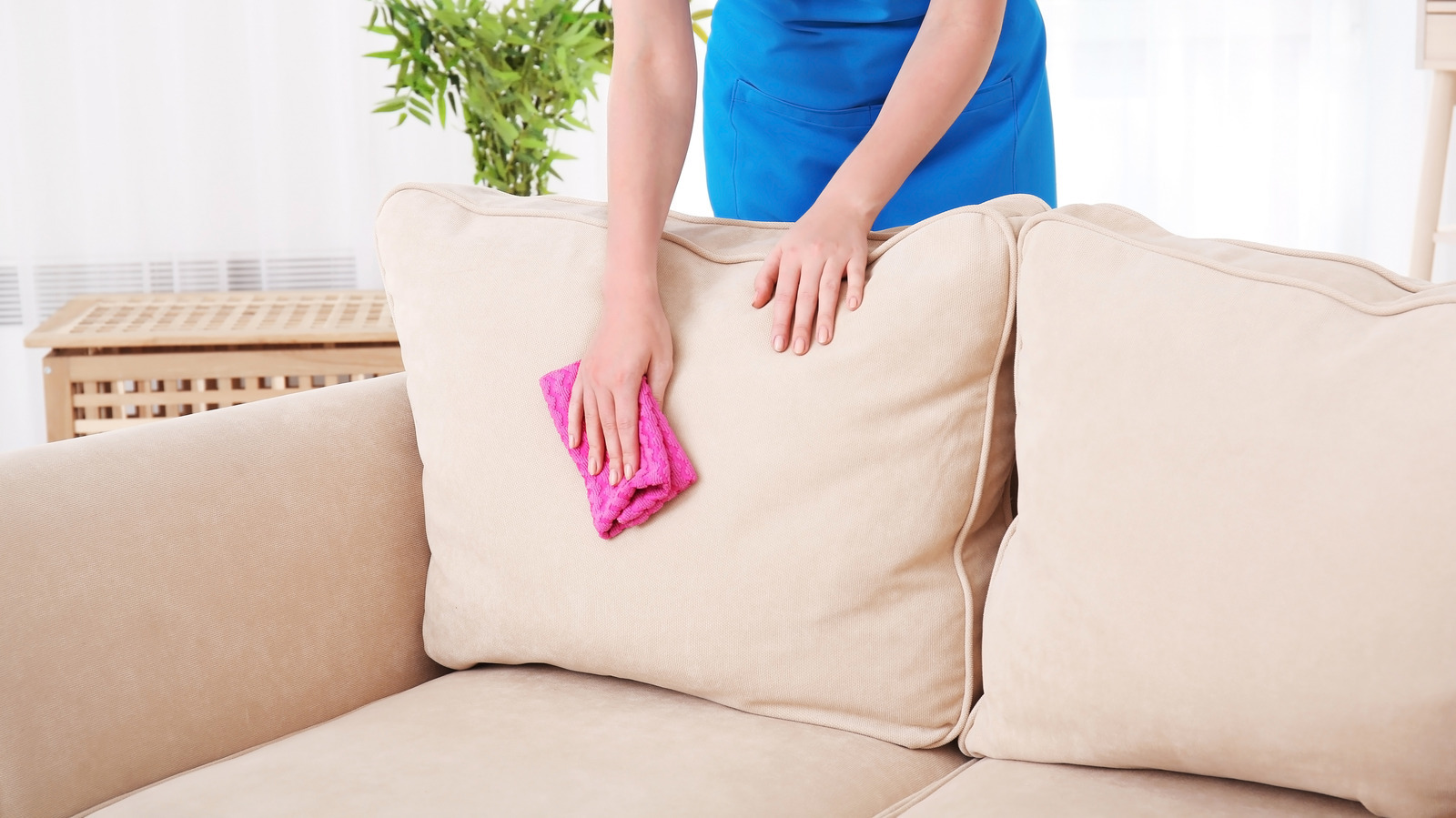
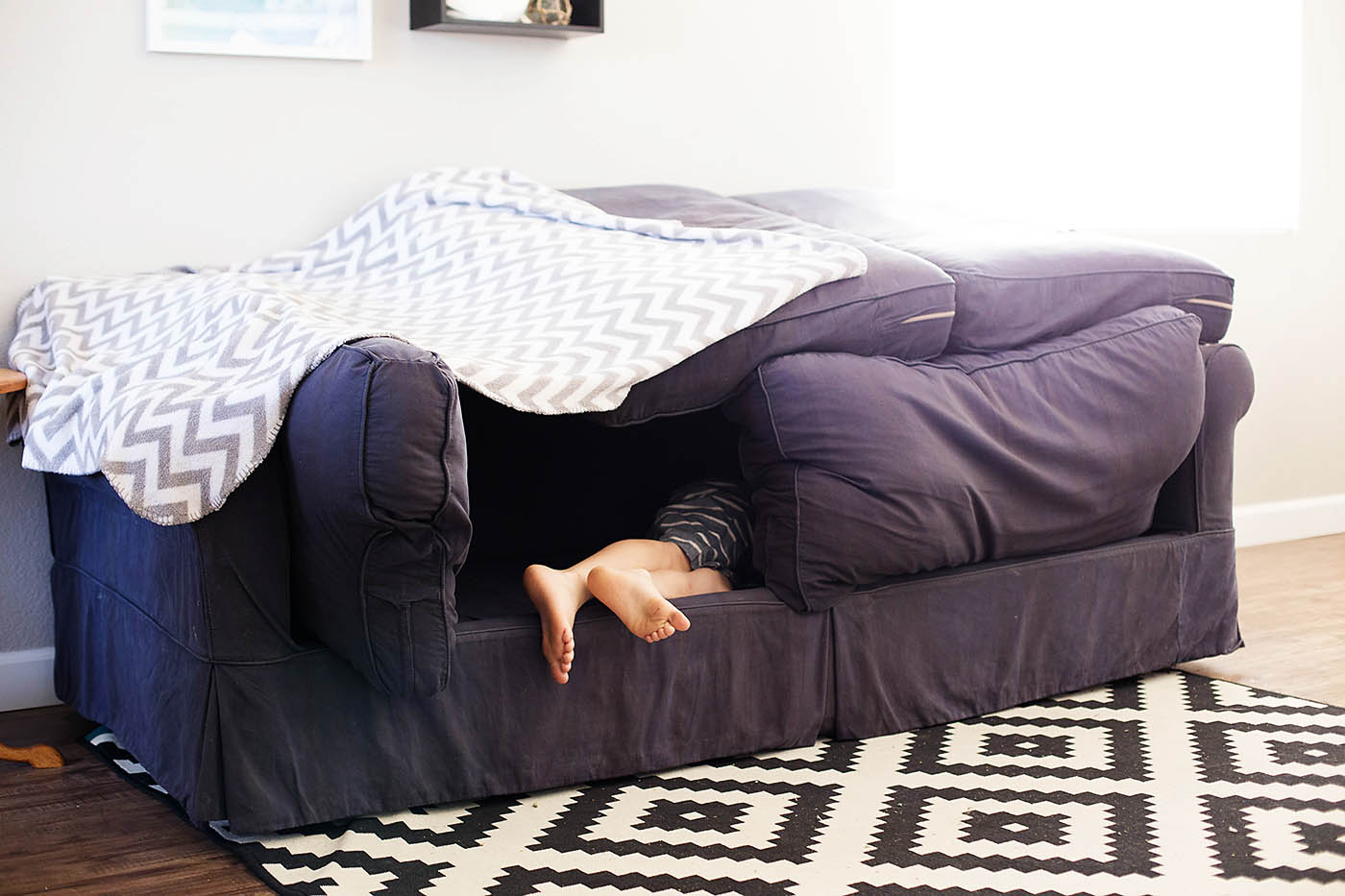
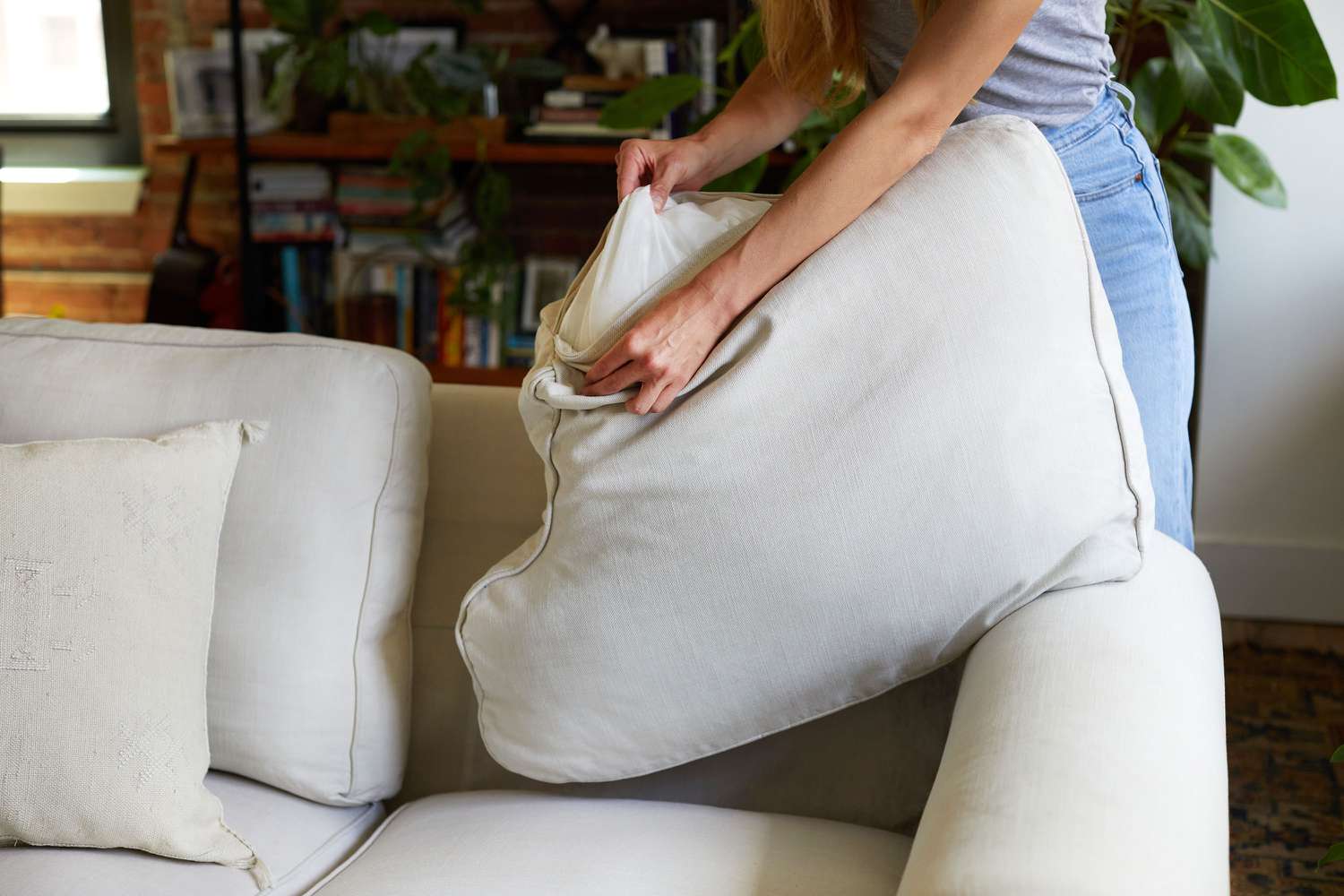
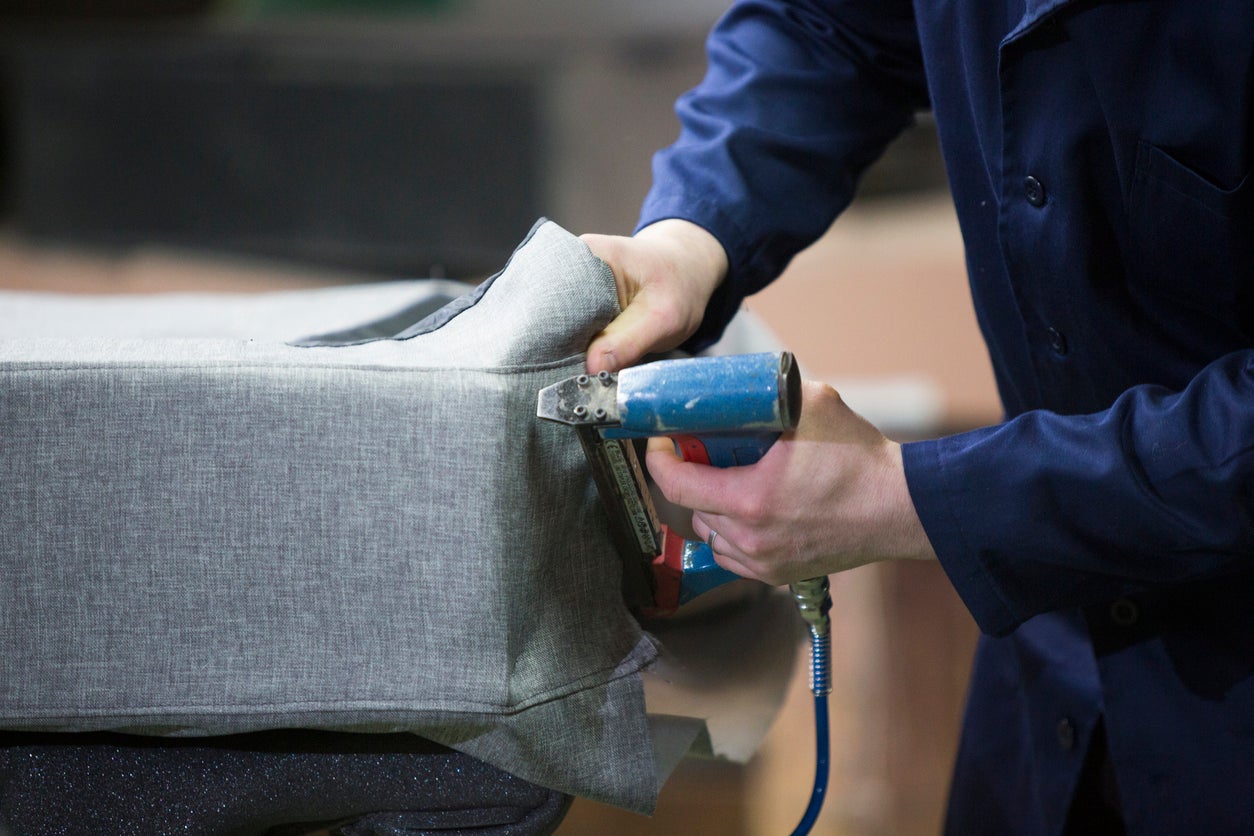
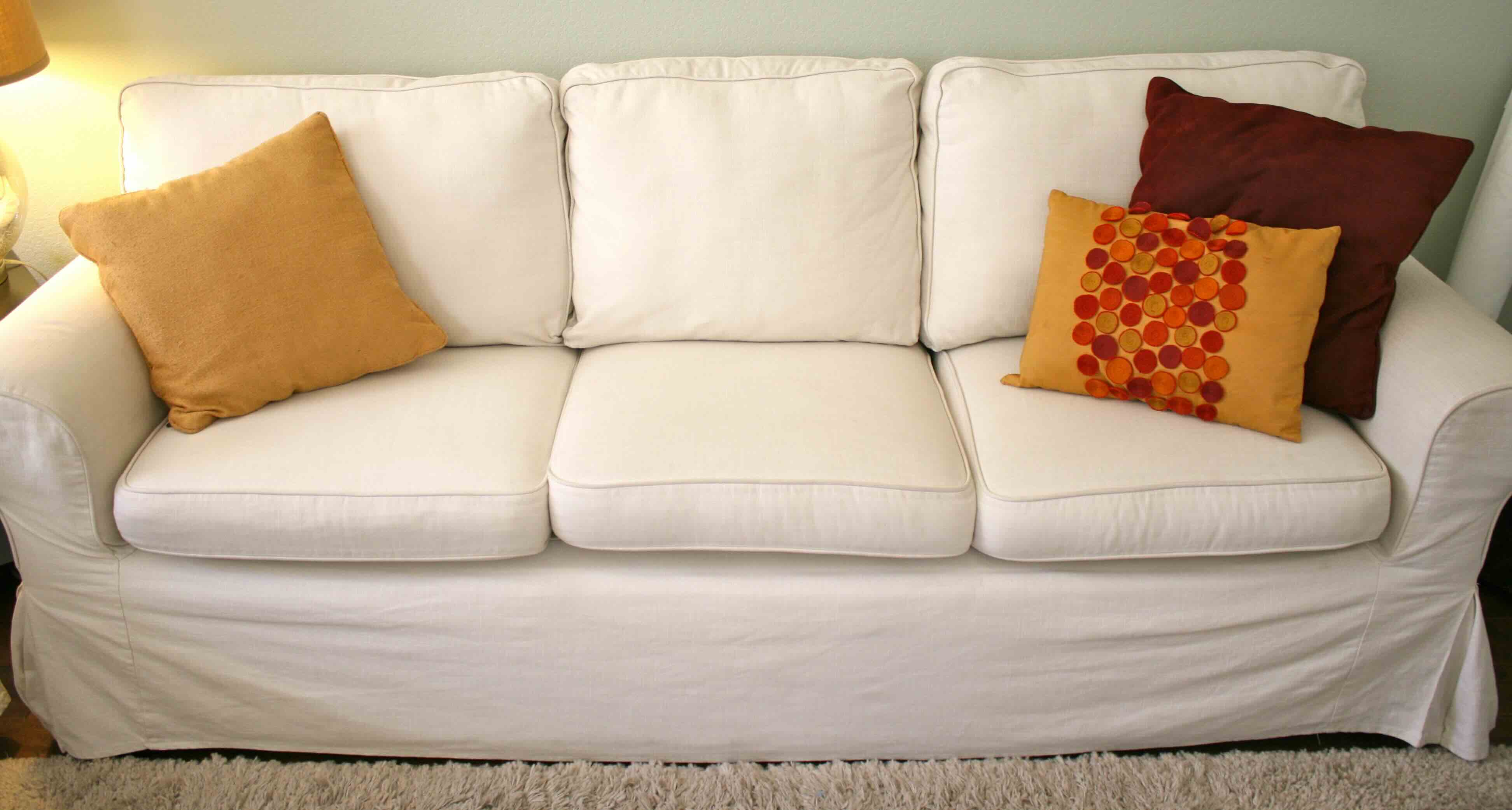

0 thoughts on “What Is The Best Foam For Couch Cushions”